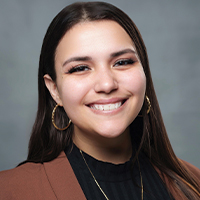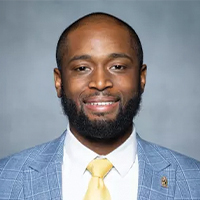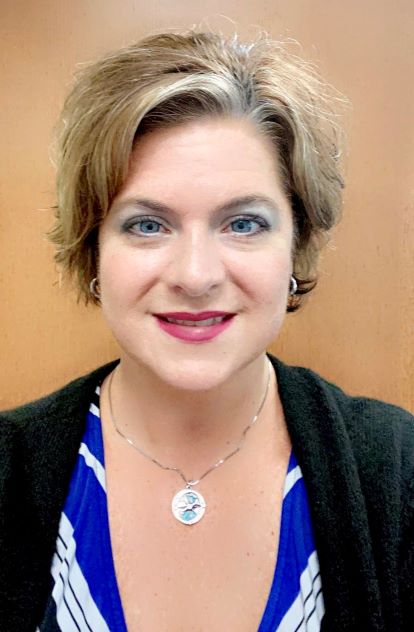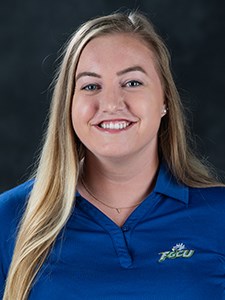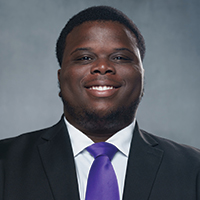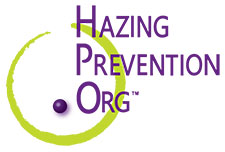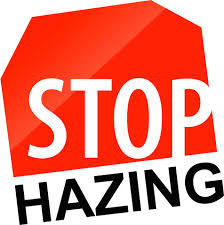See Something, Say Something
As a community, we can only stop hazing if people refuse to accept it as "normal"
and report it when it happens. If you are concerned that someone might be being hazed,
report it to the University Police, or use the online form.
File Hazing Report
What is Hazing at FGCU?
Hazing:
- Any action or situation, which occurs on or off University Premises, that recklessly or intentionally endangers the mental or physical health or safety of a Student for purposes including, but not limited to, initiation or admission into or affiliation with an RSO, or other group of Students, whether or not officially recognized by the University. Hazing includes, but is not limited to, pressuring or coercing the Student into violating federal or state law; any brutality of a physical nature, such as whipping, beating, branding, exposure to the elements, forced consumption of any food, liquor, drug, or other substance; or other forced physical activity that could adversely affect the physical health or safety of the Student; and also includes any activity that would subject the Student to extreme mental stress, such as sleep deprivation, forced exclusion from social contact, forced conduct that could result in extreme embarrassment, or other forced activity that could adversely affect the mental health or dignity of the Student.
- The following do not constitute a defense to allegations of hazing: the Consent, whether expressed or implied, of the Complainant had been obtained; the conduct or activity that resulted in the death or injury of a person was not part of any official organizational event or otherwise sanctioned or approved by the RSO, or other group of Students, whether or not officially recognized by the University; or the conduct or activity that resulted in the death or injury of Complainant was not done as a condition of membership into an RSO or other group of Students, whether or not officially recognized by the University.
- All provisions of section 1006.63, Florida Statutes, are applicable to an allegation of hazing.
Federal Law – Stop Campus Hazing Act
The Stop Campus Hazing Act (SCHA) (S.2901, H.R.5646), enacted on December 23, 2024, amends the Jeanne Clery Campus Safety Act to prioritize the prevention of and transparency about hazing incidents at colleges and universities. The federal anti-hazing law defines hazing as follows:
The term “hazing”, for purposes of reporting statistics on hazing incidents, means any intentional, knowing, or reckless act committed by a person (whether individually or in concert with other persons) against another person or persons regardless of the willingness of such other person or persons to participate, that:
- Is committed in the course of an initiation into, an affiliation with, or the maintenance of membership in, a student organization; and
- Causes or creates a risk, above the reasonable risk encountered in the course of participation in the institution of higher education or the organization, of physical or psychological injury including:
- Whipping, beating, striking, electronic shocking, placing of a harmful substance on someone’s body, or similar activity;
- Causing, coercing, or otherwise inducing sleep deprivation, exposure to the elements, confinement in a small space, extreme calisthenics, or other similar activity;
- Causing, coercing, or otherwise inducing another person to consume food, liquid, alcohol, drugs, or other substances;
- Causing, coercing, or otherwise inducing another person to perform sexual acts;
- Any activity that places another person in reasonable fear of bodily harm through the use of threatening words or conduct;
- Any activity against another person that includes a criminal violation of local, State, Tribal, or Federal law;
- Any activity that induces, causes, or requires another person to perform a duty or task that involves a criminal violation of local, State, Tribal, or Federal law.
A student organization is defined as an organization at an institution of higher education (such as a club, society, association, varsity or junior varsity athletic team, club sports team, fraternity, sorority, band, or student government) in which two or more of the members are students enrolled at the institution of higher education, whether or not the organization is established or recognized by the institution.
Florida Laws – Andrew’s Law & The Chad Meredith Act
What If...
-
Someone Agrees to be Hazed?
Toggle More Info -
The Hazing is Being Done by a Few Members, Not the Chapter?
Toggle More Info -
An Organization is Alleged to be Hazing People?
Toggle More Info -
Someone isn't in a Fraternity or Sorority?
Toggle More Info
Meet the Hazing Prevention Team
The Hazing Prevention Team is a committee of staff member from different branches of the university that work collaboratively to address the issue of hazing at Florida Gulf Coast University, and how the university community can go about being proactive when it comes to addressing the issue of hazing. Below you can find the contact information for the Hazing Prevention Team.
